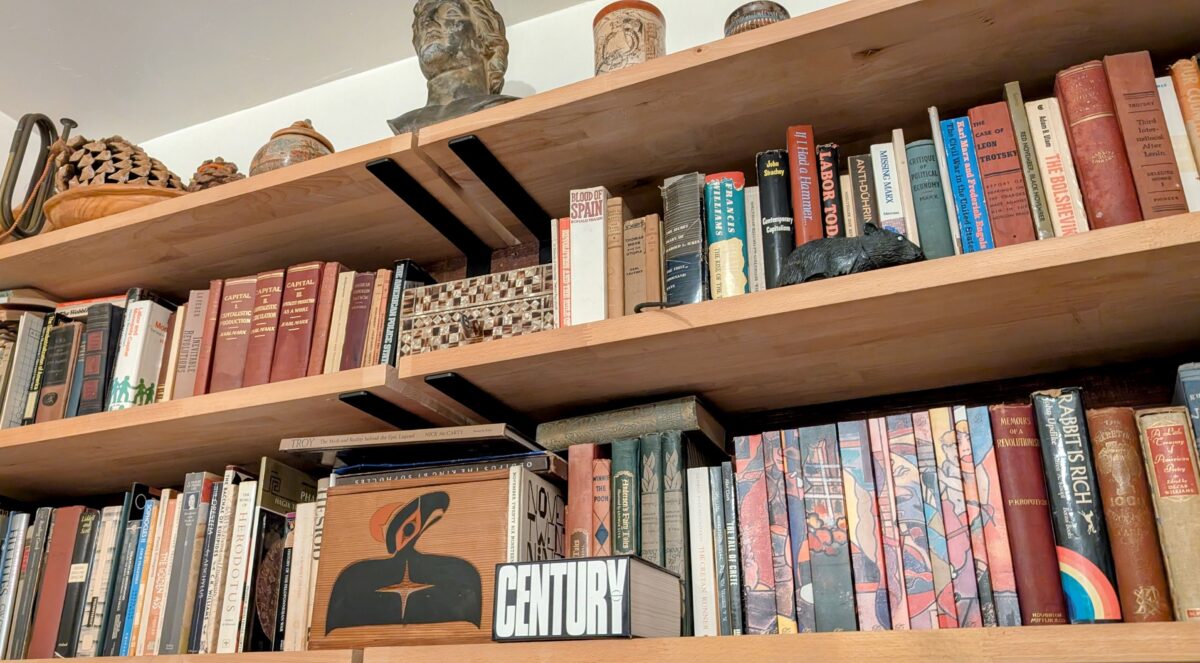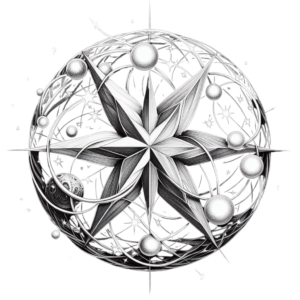Our thanks to Constantine for taking the time to share this wisdom. We especially enjoyed his insightful comment ‘Every ascent to a new level isn’t the top of a mountain, just another plateau.’ Also, ‘We are entertainers, but we are also shapers of thought.’
Would you please tell us a little about your writing process?
I’m highly routinized. I start with a central idea – sometimes it’s a high concept, other times it’s a character issue. For Albert the Last, it was a character: “What if the fate of a world rested on the shoulders of a neurotic LA hipster.” Next, I identify a 4-word thematic description for the story. In Albert’s case, the 4-word thematic description was easy: THIS IS A STORY ABOUT ‘THE NEED FOR PURPOSE’. Once I’ve identified the core of the story, I expand it into a log-line and then into a query-letter. I find that writing a query letter before I’ve drafted anything helps me keep the story I want to write in mind while it’s being written.
I also create a “Story Bible” in which I flesh out the ideas and characters, including any physical/cultural/geographical/scientific or magical rules of the world in which the story exists. I also draw up complex backstories for *every* character because that helps me understand them well enough to write them realistically.
Finally, I thoroughly outline my 1st Act and my 3rd Act. I find that if I know where I’m starting, where I’m ending, and who my characters are, the journey will take me between the two organically.
How do you believe a writer improves? Practice? Mentors? Reading everything? Attending festivals?
If I knew this, I would be doing it. Practice helps. Reading helps only if the reading is done scholastically where the written material is torn apart in a search for clues.
What motivated / motivates you to write?
I write because the worlds I write in are where I want to spend my time and also because creating a fully realized novel-length story is the world’s most complex and perfect jigsaw puzzle. I like puzzles.
Do you enjoy writing?
Yes.
What are the most important steps an amateur writer can take?
Write. Read. Be Open. Be Humble. Do it only because you love to. Every ascent to a new level isn’t the top of a mountain, just another plateau.
What is the best piece of advice you have received? Or, what is the best piece of advice you would offer an aspiring writer?
Character determines plot. After the inciting incident, every event should be a reaction to the choices made by characters. If your story isn’t telling itself properly, it’s because you’re forcing your character to do things they wouldn’t in favor of plot.
Who would you say are your literary forebears? Who have you learned the most from?
As far as who I’ve learned the most from, that would probably be my spouse. We talk about writing a lot.
Which books is it most important for an aspiring writer to read?
Read the canon for your genre. Read the canon for related genres. Read books people you like like. Read the cultural touchstones for your desired audience. Allusion and commentary are powerful tools and knowing the context for your desired readership means writing worlds they’ll understand.
What do you believe is the function of your art?
To entertain me and, hopefully, to help someone else feel seen.
What is the role of the writer in society?
We are entertainers, but we are also shapers of thought.
If you were to begin writing today for the first time, would you do anything differently? Which would be your first steps?
I cannot imagine a writing journey that looks different from the one I undertook. My journey was rife with mistakes, terrible manuscripts, abandoned ideas, and yet still filled with worlds I visit in my own mind where I find peace, hope, connection, and happiness.
Which mistakes have you learned the most from?
I do not know. I have learned from every mistake I’ve identified but my biggest mistakes may yet still be invisible to me.
Which successes are you most proud of?
Having a young adult science fiction novel traditionally published in 2018 was a big one. Getting an agent back when I had one was also significant. Learning to love my works even when they aren’t saleable, though, has been the one I’ve worked the hardest for.
What have been your most meaningful or profound experiences as a writer?
There have been a lot of moments of significance for me, but I suspect the ones that I’d eventually single out would be moments where mentees I’ve worked with have found their voices through our conversations.
What are the major benefits of being a writer?
I get to read the exact stories I’ve always wanted to read without having to wait for someone else to write them.
Are there any downsides to being a writer?
It’s isolating if one doesn’t work to find connection and community. It doesn’t pay very well.
Where are the best places to live / visit as a writer?
I love Los Angeles. It’s a city that has never met a dream it wouldn’t support. It inspires me. Wherever inspires someone is probably the only answer that matters.
Which question do you wish you were asked more?
“How much can I pay you for your writing?”
What do you find most inspiring?
I tend towards the existentialist where inspiration matters less than duty. I’m a soldier about my work. I don’t wait for inspiration, I write.
Would you mind sharing a photograph of a part of your bookshelf (or your library) that is meaningful to you? What makes it meaningful to you?

In this photo you can see books written by people I love, books I love, and books given to me by people I love. Love, given, received, or earned, is what makes a book important.
Author Biography: I live in Los Angeles, California, but grew up in Seattle. I earned my BA in History with a minor in Religion, and my Masters in Education from Seattle University. When not writing, I teach high school in South Los Angeles as well as courses in YA and sci-fi novel-writing through Writers’ Workshop. I am previously published — the author of the well-reviewed, inventive sci fi young adult novel, STRANGE DAYS (Putnam BYR, 12/18).

